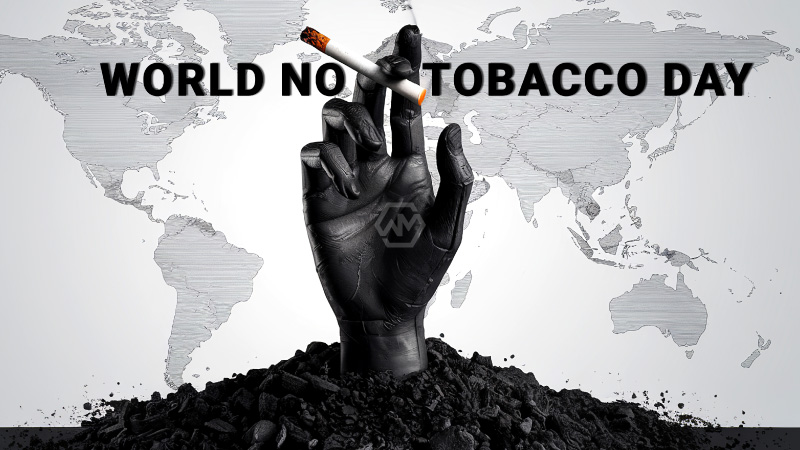- WHO urges a global ban on flavoured tobacco targeting youth.
- Campaigns use humour and emotion to promote quitting.
- Smoking harms mental health, increasing stress and anxiety.
This World No Tobacco Day 2025, global attention is focused on how the tobacco industry uses flavours, influencer marketing, and deceptive packaging to lure young users.
Health-focused campaigns this year are also taking a fresh approach. Instead of fear tactics, groups like the Indian Cancer Society are using humour and emotional storytelling to connect with people.
Flavored Deception: How the Tobacco Industry Targets Youth and Mental Health
The WHO has called for an urgent, global crackdown on flavoured nicotine products, warning that appealing flavours and clever packaging are being used to mislead young people. Flavoured cigarettes, pouches, and e-cigarettes are often positioned as safer alternatives, making them especially dangerous for first-time users, particularly teens.
A creative shift in anti-smoking campaigns marks this year’s World No Tobacco Day. Instead of horror-filled visuals, organizations are using relatable formats—like candid pranks or social media storytelling—to show the real consequences of tobacco use. These campaigns are proving more effective at sparking conversation and encouraging action among younger audiences.
Experts also emphasize that smoking’s damage isn’t limited to lungs or heart. Research increasingly shows that tobacco use exacerbates anxiety, disrupts sleep, and undermines emotional well-being. Smokers often mistake nicotine’s short-term relief for stress management, when in fact it prolongs anxiety and worsens overall mental health.
With 11 million adolescents already addicted to tobacco in the South-East Asia region alone, regulatory gaps in flavoured accessories and disposables pose a growing threat. WHO leaders are demanding unified action before another generation is lost to addiction masked as modern lifestyle choices.
World No Tobacco Day 2025 delivers a clear message: it’s time to ban deceptive flavours, expose manipulative marketing, and reshape how we talk about quitting. The fight against tobacco is no longer just medical—it’s cultural, psychological, and urgent.
“Flavours are fuelling a new wave of addiction, and should be banned. They undermine decades of progress in tobacco control.”
— Dr. Tedros Adhanom Ghebreyesus, WHO Director-General



